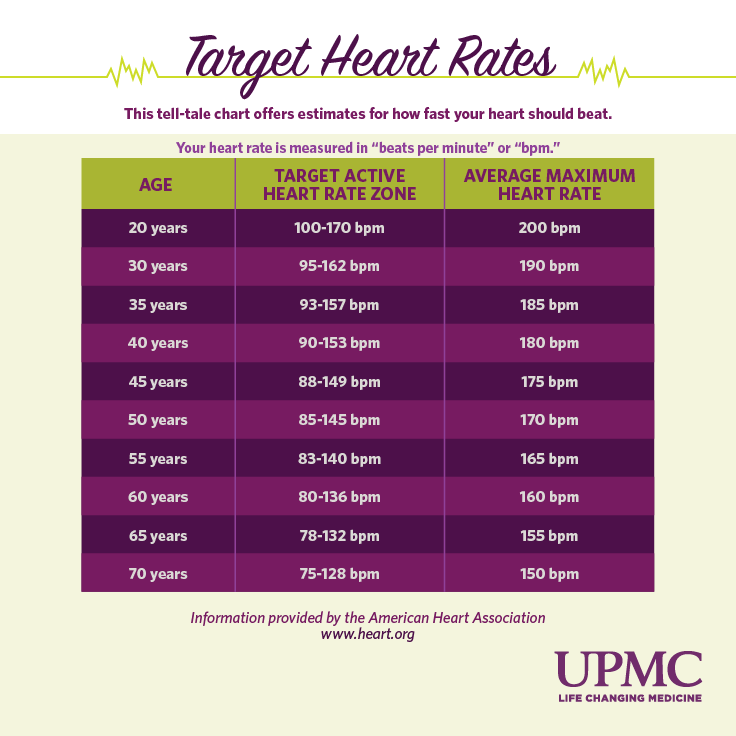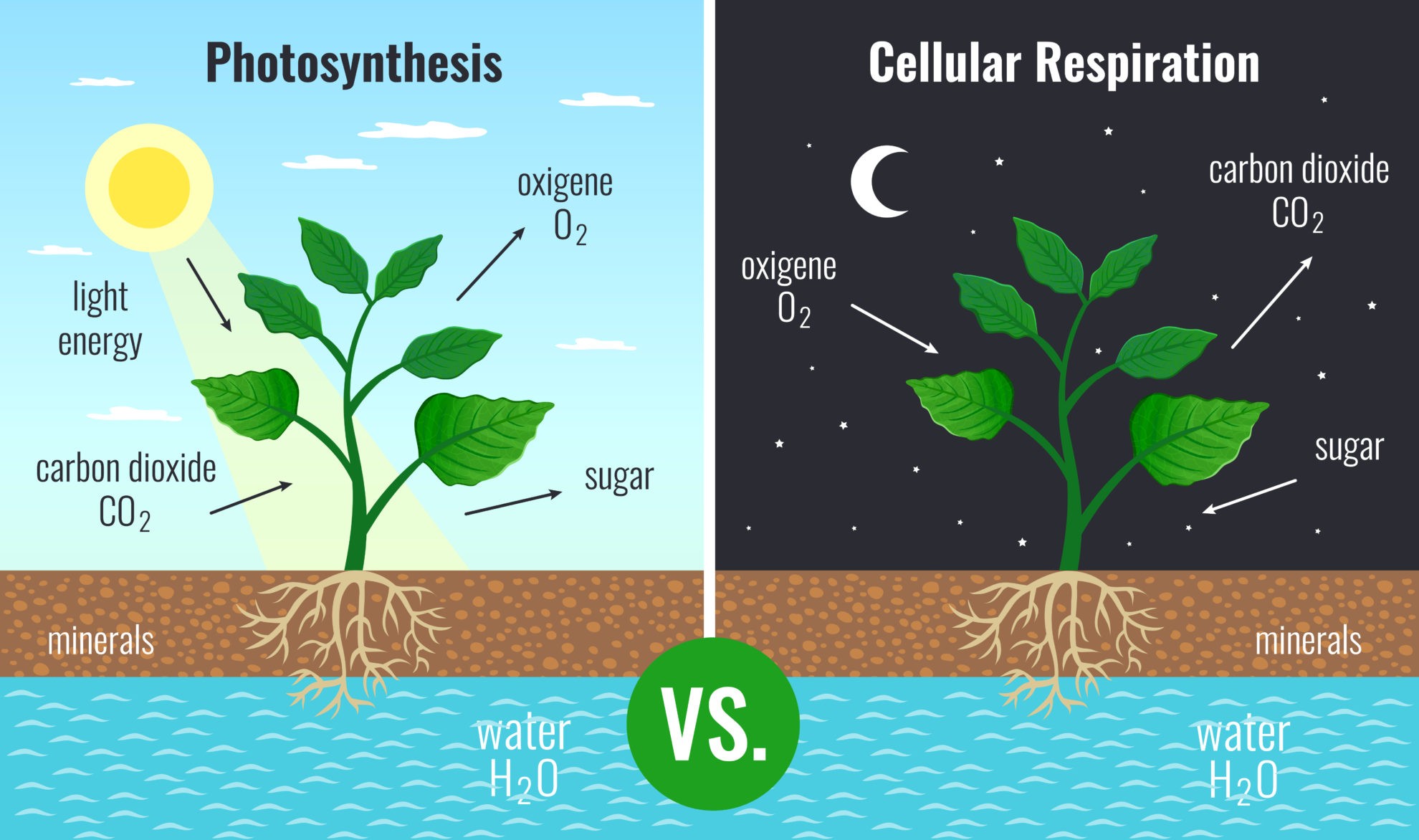Even though the heart is beating much more times healthy blood vessels usually dilate so as to allow more blood to flow through easily. Its a fairly easy to do and having the information can help down the road.
 Blood Pressure Vs Heart Rate Pulse American Heart Association
Blood Pressure Vs Heart Rate Pulse American Heart Association
- Check your pulse with your index and middle fingers.

What does a high pulse rate mean. Medication surgery and other treatments can treat hyperthyroidism and the heart rate will return to normal ranges. Generally for adults a heart rate of more than 100 beats per minute tachycardia is considered as high. COVID-19 can cause an irregular or high heart rate - over 100 beats per minute.
Congestive heart failure - This heart problem is one wherein the heart must work extra hard to pump blood. This occurs when the rate at which the heart beats and pumps out blood is increased in the upper andor lower chambers of the heart. Well over 99 percent of the time sinus tachycardia is perfectly normal.
Abnormally low narrow pulse pressure can mean that your heart isnt pumping enough blood. The normal pulse rate for human beings in resting condition is. The increased heart rate doesnt harm the heart and doesnt require medical treatment.
An abnormally high pulse rate above 100 beats per minute is also called tachycardia and it occurs when the heart tissues produce electrical signals rapidly affecting the upper or lower chamber of the heart or both. Hyperthyroidism - This disorder of the thyroid causes the heart to increase its rate as long as the condition is untreated. Tachycardia also known as a high heart rate is a term used to refer to a pulse rate greater than 100 beats per minute and may be a reflex when the body senses a fall in blood pressure.
Blood pressure and pulse pressure are measured in millimeters of mercury mmHg. Underlying lung disease such as asthma chronic bronchitis and emphysema can cause fast heart rates as well as a cough sputum production. One simple thing people can do is to check their resting heart rate.
Anyone uncertain whether their symptoms are due to low blood. High pulse rate high blood pressure A rising heart rate does not lead to the blood pressure to increase at the same given rate. Although tachycardia is considered relatively harmless it can decrease the efficiency of the heart by lowering the amount of blood pumped throughout your body.
In medical terms high pulse rate is termed as tachycardia which refers to a heart beating at a higher rate than usual. Tachycardia or rapid heart rate may produce either a. However an unusually high resting heart rate or low maximum heart rate may signify an increased risk of heart attack and death.
For adults a fast heart rate is generally defined as a heart rate over 100 beats per minute. Generally speaking for adults a heart rate of more than 100 beats per minute BPM is considered too fast. If you are experiencing high pulse rate at rest then the condition is referred to as tachycardia.
Heart rate is one of the vital signs that are checked regularly whenever you. View an animation of tachycardia. The role of resting heart rate in determining COVID-19.
Types of tachycardias Atrial or Supraventricular Tachycardia SVT Atrial or supraventricular tachycardia SVT is a fast. A high heart rate can also mean the heart muscle is weakened by a virus or some other problem that forces it to beat more often to pump enough blood to the rest of the body. Wide pulse pressure or high pulse pressure can mean that you are at a greater risk of cardiovascular disease and hardening of the arteries.
Other factors may cause variations to this number as well. Sinus tachycardia is the term used to describe a faster-than-normal heartbeat a rate of more than 100 beats per minute versus the typical normal of 60 to 70 beats per minute. Usually though a high heart beat is not due to heart disease because a wide variety of noncardiac factors can speed the heart rate.
What is a normal heart rate varies from person to person. Heart rate or pulse rate is the number of times your heart beats in a minute. When your heart rate is too fast its called tachycardia.
It is a simple measure to know how much your heart works during rest or activities. In general a high pulse or heart rate is more than 100 beats per minute. If a persons heart rate is consistently over 100 beats per minute the person is considered to have a high heart rate which is also known as tachycardia.








:max_bytes(150000):strip_icc()/what-happens-when-you-dont-take-your-thyroid-meds-3233274_color1-5b84c871c9e77c002c41f072.png)


